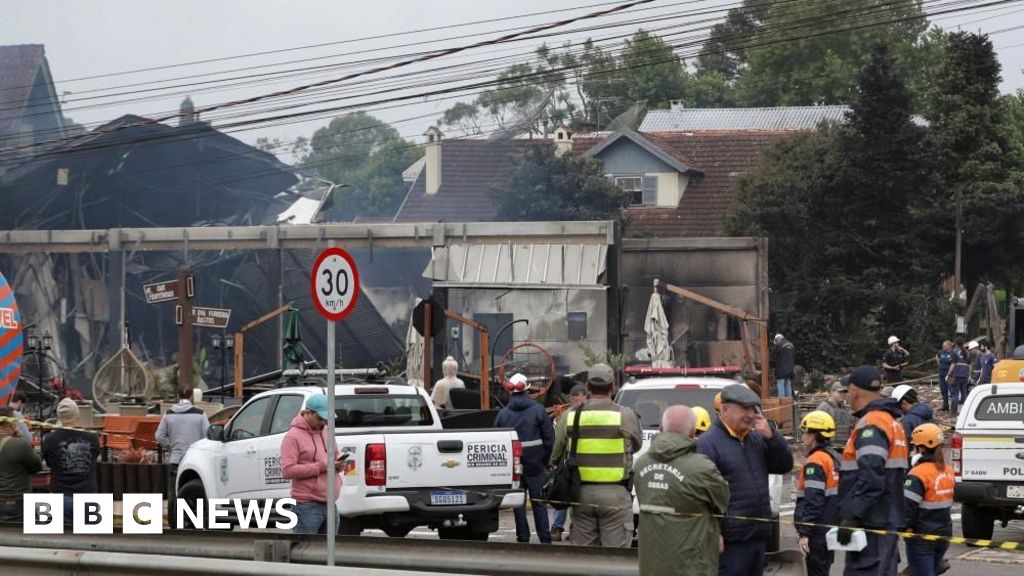Israel has launched a large-scale attack on targets in Syria, with warplanes pounding at least three airports and other infrastructure following the demise of former President Bashar Assad’s government, according to several media reports. Israeli tanks have reportedly broken out of the buffer zone adjacent to the illegally occupied Golan Heights, on the Syrian border and moved towards Damascus, although West Jerusalem has denied the claim.
An unnamed Israeli security source told Israeli Army Radio that “more than 250 military targets were attacked in Syria,” describing the assault as “one of the largest attack operations in the history of… [the] air force.”
The targets included “bases of Assad army, dozens of fighter jets, dozens of surface-to-air missile systems, production sites and warehouses… and surface-to-surface missiles.”
גורם ביטחוני לגלצ: "אחד ממבצעי התקיפה הגדולים בתולדות חיל האוויר" • יותר מ-250 מטרות צבאות הותקפו בסוריה - ביניהם בסיסים של צבא אסד, עשרות מטוסי קרב, עשרות מערכות טילי קרקע-אוויר, אתרי ייצור ומחסני אמל"ח וטילי קרקע-קרקע@Doron_Kadoshpic.twitter.com/IWKxGvaSk3
— גלצ (@GLZRadio) December 9, 2024The Jerusalem Post, citing Syrian security sources, has claimed that the airstrikes targeted the Qamishli airbase on the Turkish border, the Shinshar base near the Lebanese border, and the Aqaba airport southwest of Damascus.
Other attacks have reportedly targeted a research center and a center for electronic warfare in the overall area of the Syrian capital. Al Mayadeen also claimed that Israel had attacked defense factories in the southern Aleppo countryside.
According to several local media outlets, Israeli tanks had been approaching the Syrian capital. However, the Israeli military has denied that claim. A defense official told RT that “the reports circulating in the media about the alleged advancement of Israeli tanks towards Damascus are false,” adding that “IDF troops are stationed within the buffer zone, as stated in the past.”
Israel began active military operations in Syria after the armed opposition, spearheaded by the Hayat Tahrir-al-Sham (HTS) jihadist group, launched a surprise offensive against government forces that led to the rapid collapse of the Assad government and the former president’s exile in Russia.
The Jewish state’s military moved to capture the buffer zone established as part of the 1974 disengagement agreement not far from Israeli-occupied Golan Heights. Israeli Foreign Minister Gideon Saar insisted that the incursion is a “temporary step” aimed solely at ensuring security.
However, Prime Minister Benjamin Netanyahu said that Israel intends to retain total control over the Golan Heights, which it has illegally occupied since the 1967 Six-Day War, “forever,” calling the area “an inseparable part” of his country.

 1 week ago
2
1 week ago
2










 English (US) ·
English (US) ·